
MAT is a comprehensive approach. It combines FDA-approved medications with counseling and therapy. This thorough method helps manage cravings, reduce withdrawal symptoms, and support long-term recovery. MAT addresses the physical aspects of addiction and also provides the emotional and psychological support needed for sustained success. We’ll provide essential information about medication-assisted treatment Austin, including how it works in drug rehab, its benefits, and how Ava Recovery can guide you on the path to recovery.

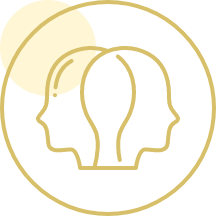
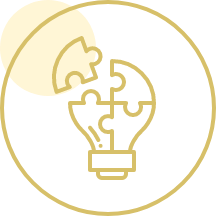
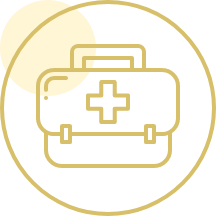

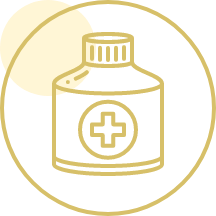



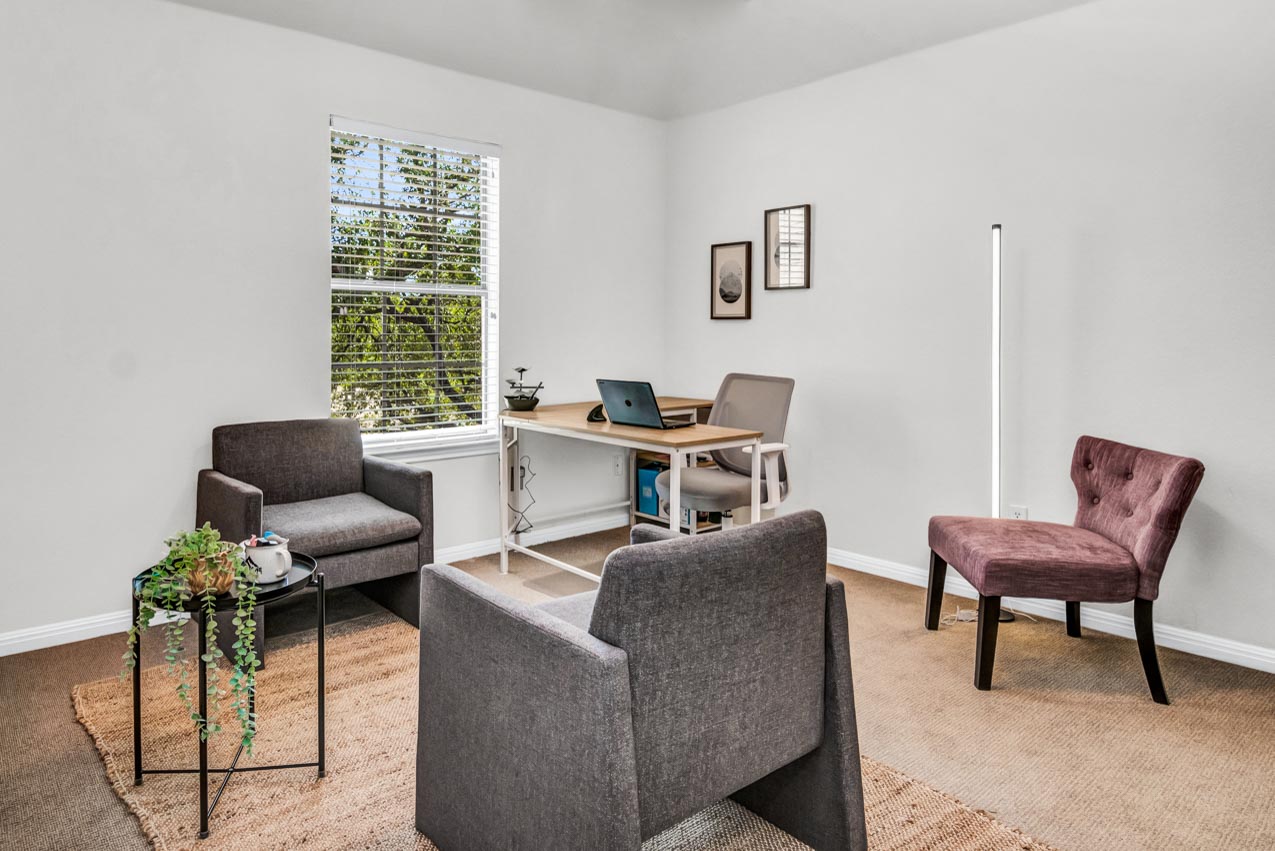












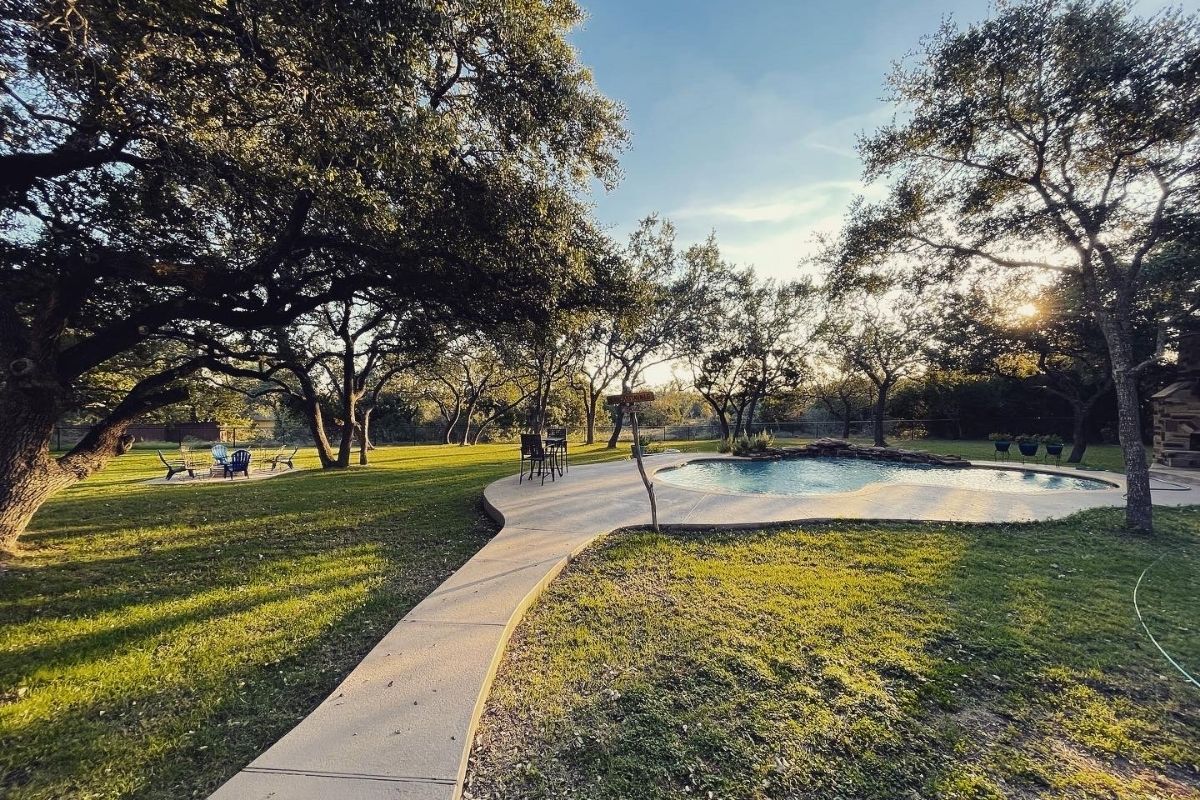

Medication-Assisted Treatment (MAT) helps manage addiction more effectively by addressing recovery’s physical and mental aspects. These medications work by balancing the brain’s chemistry. In doing so, they help people regain control of their lives without being constantly overwhelmed by addiction.
MAT isn’t just about medication during drug and alcohol detox. It also involves counseling and therapy addressing the emotional and behavioral side of addiction. For families and individuals seeking medication-assisted treatment, Austin MAT offers a powerful, evidence-based solution that treats addiction holistically, with support for both the mind and body.

Medication-Assisted Treatment (MAT) helps manage addiction more effectively by addressing recovery’s physical and mental aspects. These medications work by balancing the brain’s chemistry. In doing so, they help people regain control of their lives without being constantly overwhelmed by addiction.
MAT isn’t just about medication during drug and alcohol detox. It also involves counseling and therapy addressing the emotional and behavioral side of addiction. For families and individuals seeking medication-assisted treatment, Austin MAT offers a powerful, evidence-based solution that treats addiction holistically, with support for both the mind and body.
Learn more about our expert, medical drug & alcohol detox in Austin, Texas at Ava Recovery.

Medication-Assisted Treatment (MAT) is highly effective for both opioid and alcohol use disorders. Below are some of the most commonly used medications in MAT and how they work:
Methadone is a full agonist opioid. This means it fully activates the brain’s opioid receptors. It works by binding to these opioid receptors, which helps reduce cravings and withdrawal symptoms but doesn’t produce the intense high associated with opioid use. Methadone’s effects are long-lasting, so it’s effective for those undergoing detox from opioid addiction. Methadone stabilizes the brain’s chemistry so you can focus on recovery and therapy without the constant pull of cravings. It’s typically taken in a controlled, clinical setting to monitor use and prevent misuse.
Buprenorphine is a partial agonist. It activates opioid receptors but not to the extent that full agonists like heroin or methadone do. Buprenorphine also has a "ceiling effect." After a certain dose, increasing the amount does not significantly enhance its effects. This helps prevent overdose and misuse. Buprenorphine effectively reduces cravings and withdrawal effects. At the same time, the ceiling effect makes it safer than full agonists for long-term treatment. Buprenorphine is commonly used in combination with naloxone (a medication that blocks opioids’ effects) in a product called Suboxone to prevent misuse.
Naltrexone is an opioid antagonist. It blocks opioid receptors, preventing opioids from having any effect. For opioid addiction, naltrexone helps prevent relapse. It does this by blocking the euphoric effects of opioids if the individual relapses and uses opioids. It can also be used for alcohol addiction by reducing cravings and also the reinforcing effects of drinking. Naltrexone is used after detox to help prevent relapse.
Disulfiram is used for alcohol addiction. It interferes with the breakdown of alcohol in the body. The interference causes unpleasant side effects such as nausea, vomiting, and headaches if you drink while you’re on the medicine. This reaction discourages individuals from drinking.
Clonidine is an alpha-2 adrenergic agonist. Clonidine is used to help manage withdrawal symptoms, particularly for opioid detox. It works by reducing the release of norepinephrine, a neurotransmitter contributing to the stress response. Clonidine helps alleviate withdrawal symptoms such as anxiety, agitation, sweating, and muscle aches. The effects make it easier to focus on recovery without the intense discomfort that typically accompanies detox.
While medication helps manage the physical side of addiction, counseling and therapy play a critical role in addressing the emotional and behavioral side. MAT provides structured therapy to help individuals uncover the root causes of their addiction, develop better and healthier coping strategies, and work through the challenges they face during recovery. Therapists and counselors work alongside individuals to help them build a foundation for lasting recovery.
For families and individuals looking for medication-assisted treatment in Austin, MAT is a powerful, evidence-based approach that combines the best of both worlds: effective medications to manage addiction and comprehensive therapy to support long-term healing.
By combining medications with therapy, MAT helps individuals manage the challenges of recovery while supporting long-term success.
The medications used in MAT help stabilize brain chemistry. As a result, they make it easier for individuals to resist cravings and avoid falling back into old patterns. This foundation of physical support allows individuals to focus on building good habits and coping mechanisms in therapy, reducing the chances of relapse.
The detox process can be one of the most difficult parts of addiction recovery. MAT makes this process much more manageable by using medications to ease withdrawal symptoms. This approach helps individuals detox in a safer, more comfortable manner, reducing the risk of medical complications and emotional distress that often accompany detoxification.
MAT doesn’t just treat addiction—it improves the quality of life during recovery. By alleviating the physical symptoms of addiction, individuals can experience more stability, energy, and clarity.
By combining medication with counseling, MAT ensures that individuals have both the physical and emotional tools needed to sustain long-term recovery. This dual approach significantly improves the chances of maintaining sobriety and living a fulfilling, addiction-free life. If it’s combined with dual diagnosis treatment, MAT can become even more effective over the long term.
As people regain stability in their recovery, they can rebuild relationships, return to work, and actively participate in their communities. MAT gives individuals the opportunity to live meaningful, productive lives that are no longer defined by addiction. For those in need of medication-assisted treatment in Austin, MAT is a powerful tool that addresses the physical, emotional, and social challenges of addiction recovery. It provides the support necessary to break free from addiction and build a future filled with possibilities.
Located just outside metro Austin, in Buda, Texas, we offer you a luxury environment that encourages healing and rejuvenation. Our secluded property provides you with a safe and comfortable, world-class setting where you can focus on your recovery.
We offer free consultations to anyone who reaches out for help. Did you know most major insurance carriers will cover the costs associated with treatment? Contact our trusted treatment team today to discuss your personal options for treatment.
Ava Recovery is proud to offer a variety of treatment options to provide you with a treatment plan that fits your needs. From detox to residential inpatient to aftercare and beyond, we’re with you each step of the way. Learn more about how we can help right now.




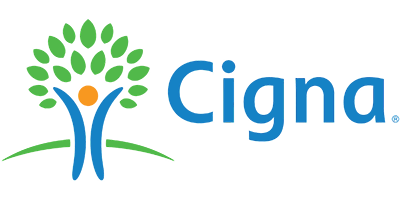

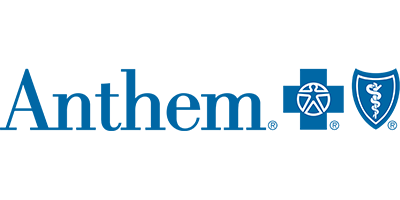


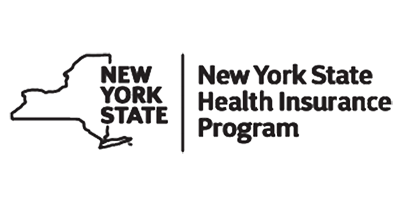

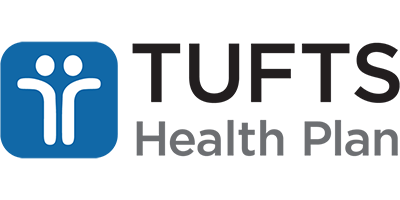

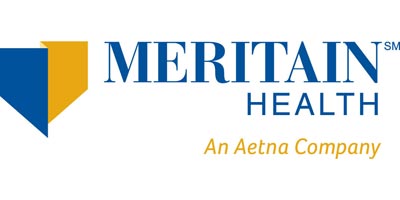

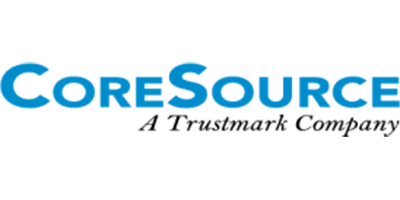

Starting Medication-Assisted Treatment (MAT) at Ava Recovery means you’ll be supported every step of the way, from the initial intake through to long-term recovery.
The first step in your recovery journey at Ava Recovery is an initial assessment. During this session, we take the time to understand your history, current needs, and recovery goals. This comprehensive evaluation, conducted by our experienced team, ensures that every aspect of your care is designed just for you and aligns with your specific situation and recovery goals.
Whether you’re being treated for opioid addiction, alcohol dependency, or another substance use disorder, we use FDA-approved medications like methadone, buprenorphine, or naltrexone to manage cravings, ease withdrawal symptoms, and help you stay on track.
Our team of therapists provides individual and group therapy to help you address the emotional and behavioral aspects of addiction. These sessions focus on building coping strategies, developing emotional resilience, and improving relationships—crucial skills that support long-term sobriety.
Recovery is a journey, and at Ava Recovery, we believe in creating a space where you can be open, learn, and grow without fear of stigma. Our team is here to guide you through the challenges of recovery, celebrate your milestones, and provide encouragement every step of the way.

MAT isn’t a “one-size-fits-all” treatment; it’s a tailored approach that focuses on both the physical and psychological aspects of addiction.
If you’re unsure whether medication-assisted treatment in Austin is the right choice for you or a loved one, we encourage you to contact Ava Recovery for a consultation. We’ll help you explore your options and guide you through the process of finding the best path forward. Our programs include not only MAT, but we’re also a residential treatment center and outpatient drug rehab.



You don’t have to navigate recovery alone. Whether you’re seeking an inpatient, intensive outpatient program or a traditional outpatient rehab program, we have the options to fit your needs. For more information on medication-assisted treatment in Austin, reach out to Ava Recovery now and start your journey to a healthier, addiction-free life.
